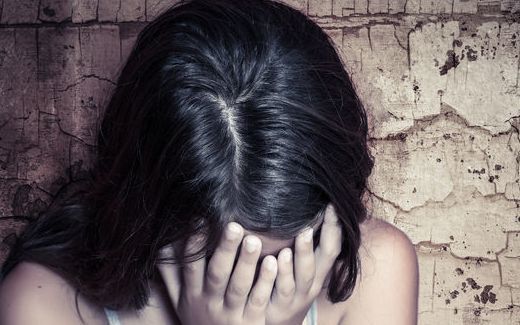HALF OF ALL NEW ZEALAND PACIFIC TEENAGERS ARE LIVING IN POVERTY

At least half of New Zealands Pacific teenagers are living in poverty, a study has revealed.
Auckland University's research showed almost one in five secondary school students and nearly half of all Pacific students were struggling.
The study used data from the Youth 2012 study of 8500 students and was published in the International Journal for Equity in Health.
It pooled students by household poverty based on nine markers of deprivation:
* No car
* No phone
* No computer
* Parental worry about not having enough food
* More than two people sharing a bedroom
* No holidays with family
* Moving home more than twice a year
* Garages or living rooms used as bedrooms
* No parent at home with employment.
Students needed to report at least two markers before being classed as experiencing poverty.
Senior lecturer and co-author of the report Dr Terry Fleming said some results mirrored those found by the Ministry of Social Development and the Child Poverty Action Group.
But the suggestion such a large proportion of Pacific youth were living in poverty was worrying.
"When you start excluding a community or ethnic group to that extent that's pretty harmful."
One important finding from the study highlighted that young people experiencing hardships but living in wealthy areas were actually doing worse than young people struggling in poor neighbourhoods.
They also had higher rates of depression and smoking.
This was likely to stem from the stress of dealing with having to do without compared to their peers, she said.
"People say 'well I never grew up with a computer, what are you talking about'...but this shows not being able to participate in society is having a pretty serious effect.
"When you see other students going to Hawaii on holiday, going to France on school trips, it must be hard."
Many parents made sacrifices to get their children into higher decile schools.
While some schools offering scholarships to students who could not afford to attend was laudable, there could be unintended consequences.
"We can't just be thinking about lifting individuals up, we have to think about the whole family, not just that exceptional kid."
With some families spending 60 to 70 per cent of their income on housing, it leaves little room for anything else.
Source: stuff
